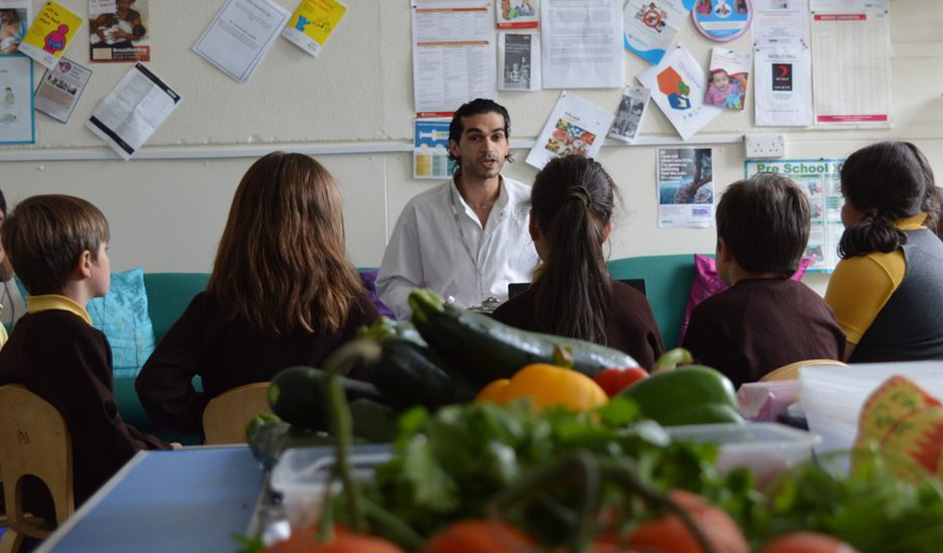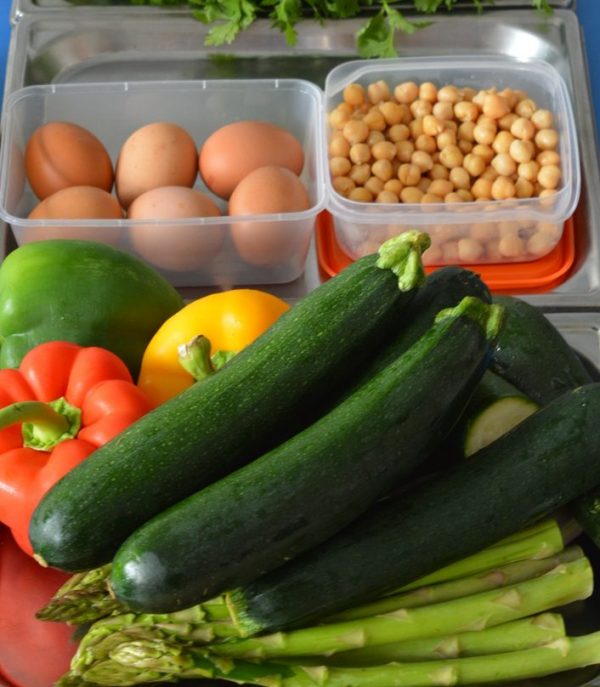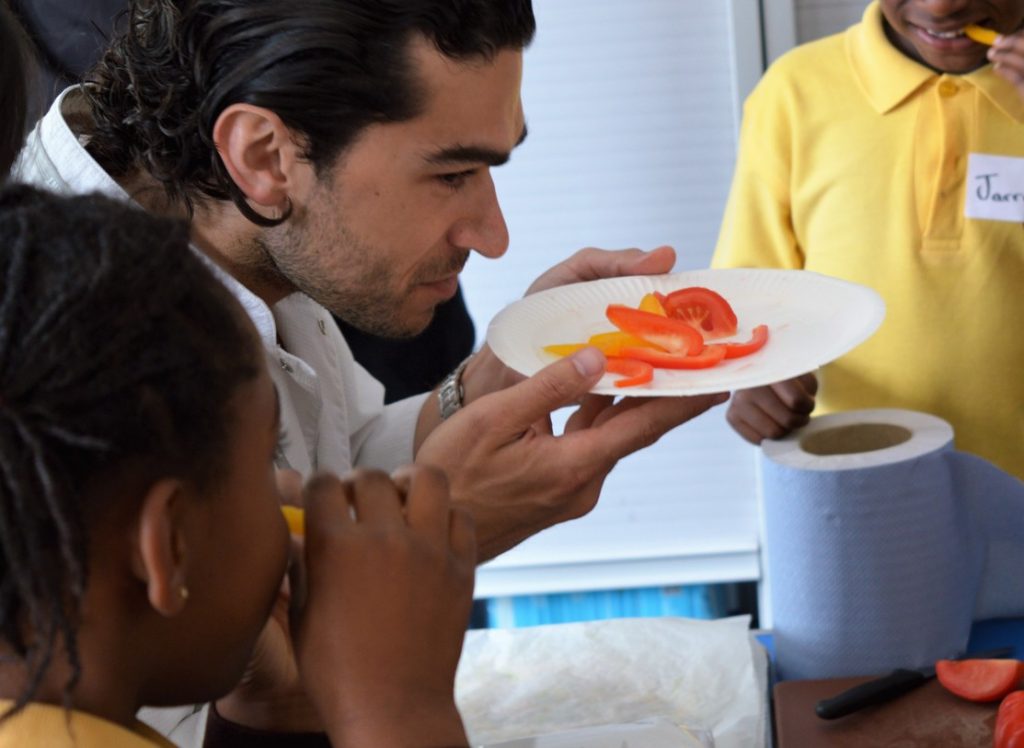
CHILDREN, GASTROPHYSICS AND NUTRITION
Since 2013, the team at Kitchen Theory has been engaged in multisensory and crossmodal research with Oxford University. This research offers unique and thought provoking insights into associations and perceptions pertaining to our general relationship with food, based on sensory perception. Over the years our goal has been to channel this research further towards its more impactful and meaningful applications in the real world, mainly to look at how we can improve food experiences within schools, hospitals or care homes to encourage better nutritional and sustainable eating. All this has led us to working with fascinating academics and those in the medical profession, all of whom confirm the dire state of affairs when it comes to our understanding of nutrition. Researchers, practitioners and clinicians all agree that lifestyle and diet are the main causes of a range of deadly diseases but there is a disproportionately small amount of research looking at what we should be eating. Most of the doctors and surgeons we speak to confirm that one of the most common questions they are asked when a patient is first diagnosed with an illness such as cancer is ‘what should I eat’, to which they have no real reply of any substance other than to go according to general health nutritional guidelines and to exercise good common sense.

Statistics may be sensationalist, but this is a sensational problem (and many of those we know on the front lines of health care seem to agree that such statistics are a somewhat decent snapshot of the state of affairs), so here we go;
- In 2016/17, there were 617 thousand admissions in NHS hospitals where obesity was a factor. This is an increase of 18 per cent on 2015/16.
- In 2016, 26 per cent of adults were classified as obese. This has increased from 15 per cent in 1993 but has remained at a similar level since 2010.
- In 2016, 26 per cent of adults and 16 per cent of children consumed 5 or more portions of fruit and vegetables a day.
- In 2016/17, 1 in 5 children in Year 6 and 1 in 10 children in Reception were classified as obese. NHS Statistics
Enough doom and gloom, what are we actually going to do about it?
With the rise of popularity in convenience foods and school ‘snack pack’ style foods we want to raise children/parent/public awareness to the importance of exposure to fresh foods and cooking processes (interaction with fresh food). We believe our research can have an impact on curbing the growth of childhood dietary concerns and illnesses in the UK, including malnutrition, obesity and diabetes.
Specifically we are interested in children’s neophobia towards ‘new foods’ (foods they have either no or limited experience of eating, specifically fresh fruits and vegetables). The aim of our project is to introduce school children to new ingredients in novel ways drawing on our research into sensory perception, association and multisensory flavour perception.
This project began with Underhill School in Barnet (London), in which groups of 10 to 15 children aged 6 and over were taken through an experimental tasting session. Each session is designed to teach the children about 3 ‘new’ ingredients (e.g. candy beetroot, asparagus, chickpeas, purple cauliflower etc) and encourage them to engage with ingredients through culinary and tasting activities. It consists of 3 parts; an education element which looks at the ingredient history, source and health benefits, followed by culinary activities which will include basic cooking and food assembly under the guidance of our trained chefs, followed by a tasting session in which the children have the opportunity to eat the foods they have created using the selection of ingredients chosen for the session.
The activities of each session have been designed by Kitchen Theory based on the research with Professor Charles Spence, and in order to assess the impact of this project we are working with the Basque Culinary Centre (Spain), BCC Innovation team to put measurable controls in place. We believe that the results of these activities and the supporting research will show that positive culinary engagement with children encourages ‘better’ eating habits (improved willingness to try new foods, improved liking of new foods, increased awareness towards the health and sustainability issues surrounding a ‘healthy’ diet). The research will focus specifically on looking at: 1) decrease of food neophobia after the activities 2) increase of vegetables and fruit intake/liking, 3) evaluation of the emotional response before and after the sessions and its relationship with food neophobia.

This current project is based on prior research conducted by the BCC Innovation in 2016. The research was published under the title ‘Involving children in cooking activities: A potential strategy for directing food choices toward novel foods containing vegetables’. Given Kitchen Theory’s research with Oxford University into the field of multisensory and cross-modal flavour/taste perception, for which we have published eight papers in peer reviewed journals to date, we wish to now channel our findings into practical applications with potential for impact in regards to children’s health and wellbeing, via diet and nutrition. At Kitchen Theory we have also engaged in public events which have touched upon such activities, including; ‘The Ministry of Nutrition‘ at the Science Museum (2016), a weekend in which we served approximately 250 children ‘cricket brownies’ and ‘marinated jellyfish’, we also participated in the Imperial College Festival (2016) educating children in Astrophysics concepts through interesting ‘culinary play’ in which they assembled their own edible solar systems. Overall we wish to see school children around the UK given the opportunity to explore a broader variety of fresh foods that they may otherwise not have exposure to at school or home. If you would like to get involved or support this project in someway, get in touch.

